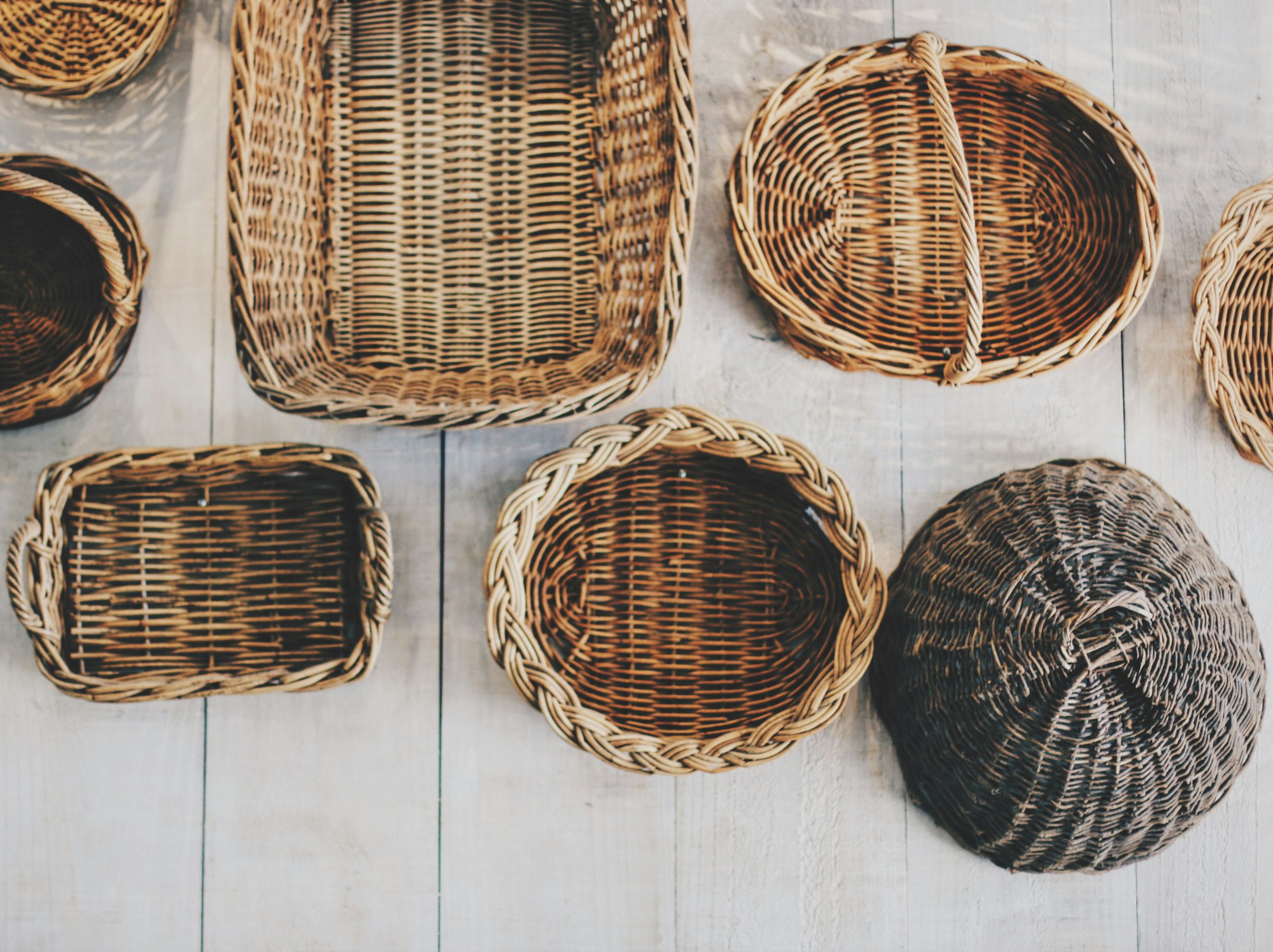X: Apiary
The truths behind colony collapse disorder.

Good morning. Today is décadi, the 20th of Germinal, Year CCXXXI. We celebrate la ruche, an enclosed city made for bee colonies.
Colony Collapse Disorder (CCD) has rocketed to the top of everyone's mind when it comes to the Western Honeybee, thanks to sensationalist and alarmist press coverage starting about 15 years ago. That's not to say CCD isn't a real phenomenon, or that it hadn't been observed more frequently from CCXV to CCXVII (2007 to 2009). But it's worth bearing in mind a few facts: beekeeping has traditionally been a destructive practice; the total number of Western Honeybee hives under management in the world has gone up, not down, since CCD started being reported heavily; and CCD is an economic crisis in search of an ecological crisis.
What disturbs people the most – and grabs the headlines – is that there's no clean explanation for CCD. Contrary to stock photos that accompany articles about it, hives aren't surrounded by bee corpses. The bees just ... quit. The definition of CCD is that the worker bees abandon the hive with baby bees still waiting to hatch and a queen bee still sitting there wondering where everyone went. Did all those worker bees die somewhere? That, along with so many other things about CCD, is an assumption, not a fact.
Without a clear cause-and-effect chain, despite everyone's best efforts to discover one, the current consensus about CCD is that a variety of factors contribute to the phenomenon, which is mostly observed in commercially kept hives that are transported to farms as pollination-for-hire. The combination is a grab bag of whatever pet issue people are most concerned about. Is it pesticides? Climate change? Mites? Monocultural farming? Genetically modified crops? Cell phone towers? Air pollution? Water pollution? A new disease? The answer seems to be "yes" no matter which question you ask.
But one way to look at CCD is as an increased point of tension in an industry ratcheted around just-in-time shipping. This same shift – from uneven and unpredictable boom-bust cycles to carefully managed and data-driven practices meant to tighten the yield and profit of goods produced and sold – is the same reason for massive shipping shortages caused by a single clogged canal or stormy sea. We run tighter economic logistics than ever, which is great for profits when it all works out, but a highwire act not meant to handle random points of failure.
CCD, which has been observed as something that happens in multiyear waves for at least a century, is one of those random points of failure, and its economic impact on farming is much more acutely felt now, when every aspect of agriculture is tightly managed at massive scales, then in the past, when honey harvesting was deliberately destructive and entire colony losses were expected outcomes, not random tragedies.
Of all the theories out there, the two that are most likely are also the least sexy and most complicated to explain.
First, there's the way honey is made, in which a bee gradually removes water from nectar within its very special and strange digestive system. There appears to be a strong correlation between colonies that experience CCD and a genetic shift that makes it difficult for bees to poop. (I'm way oversimplifying the terms here, but that's the gist.) Bees that struggle to produce honey cause an undue stress on a colony no matter what the environmental factors are, but if you toss in a little bit of pesticide, or extra rainfall, or lack of pollen diversity, you might cause a catastrophic amount of stress on a colony. The thing is, while we know bees' lives are stressful, we don't know exactly how they think as a hive, how major decisions are arrived at. Our assumption was that everything is in service of the queen, but CCD turns that on its head, with queens, by definition, left holding the bag.
Which brings us to the second complex factor: the way bees pass on genes. (Aren't you glad we covered both topics right here?) If a genetic pooping disorder has made its way into a colony, that disorder is cloned throughout the worker bee community, making the issue more widespread than it would be in, say, a mammalian population, and in a much shorter time. One theory is that bees know how they propagate their genes – that at some instinctive level, they understand a colony is an inbred family – and CCD is a sudden, stressed-out, extreme response to a genetic disorder. The lady bees "decide" to make a desperate run for another queen who can breed the pooping problem out of their gene pool.
If this is the case, bees are acting naturally and in their self-interest in a way that's simply and suddenly counter to our notions of hive culture under normal circumstances. It's kind of a remarkable but understandable phenomenon, like a herd migrating to a new habitat due to climate change. Unfortunately, it's a royal pain in the ass for companies that rely on bee colonies to do regular bee colony things in order to make money.
As is typical now, the problem of a mysterious irregularity in the agricultural industry to is to slather on lots and lots of data. The big business in beekeeping right now are "smart hives" that use you-name-it – big data, AI, machine learning, other buzz words (no pun intended) – to monitor and manage colonies at massive scale and from a safe remote distance. Everything is tracked in the hopes of finding predictive patterns that can be corrected before CCD sets in, and these machine hives are sold primarily on the breathless fear of worldwide agricultural collapse that dominates the discourse about CCD.
I don't mean to underplay CCD too much. While the effect on the overall bee population is greatly exaggerated (look on any chart of apiculture for a sudden drop in anything and you won't find it), the risk of disruption to food supplies is quite real, thanks more to our shifting food growth and distribution practices than any sudden extinction-level event in the bee world. I'm rooting for someone to discover a simple way to cut CCD off before it happens, if only because the thought of all those lonely and confused queens is rather heartbreaking.
But I also think it behooves us to remember that bees don't work for us. Bees work for bees, and always have, which is why they're the "domesticated" creature we wear the most protective gear around. We may be able to strike a symbiotic relationship with the bees, just like flowers have, but if we don't fulfill our end of the bargain – and especially if we're unsure what our end of the bargain is – then we're bound to watch the bees simply go on strike.
Today's card deck: Mazing by Bicycle
Hopefully you figured out that today begins at the five of clubs! Here's our final path (with a couple of switchbacks helpfully eliminated). This has been a fun break from cartomancy, but we'll be back at it tomorrow!




